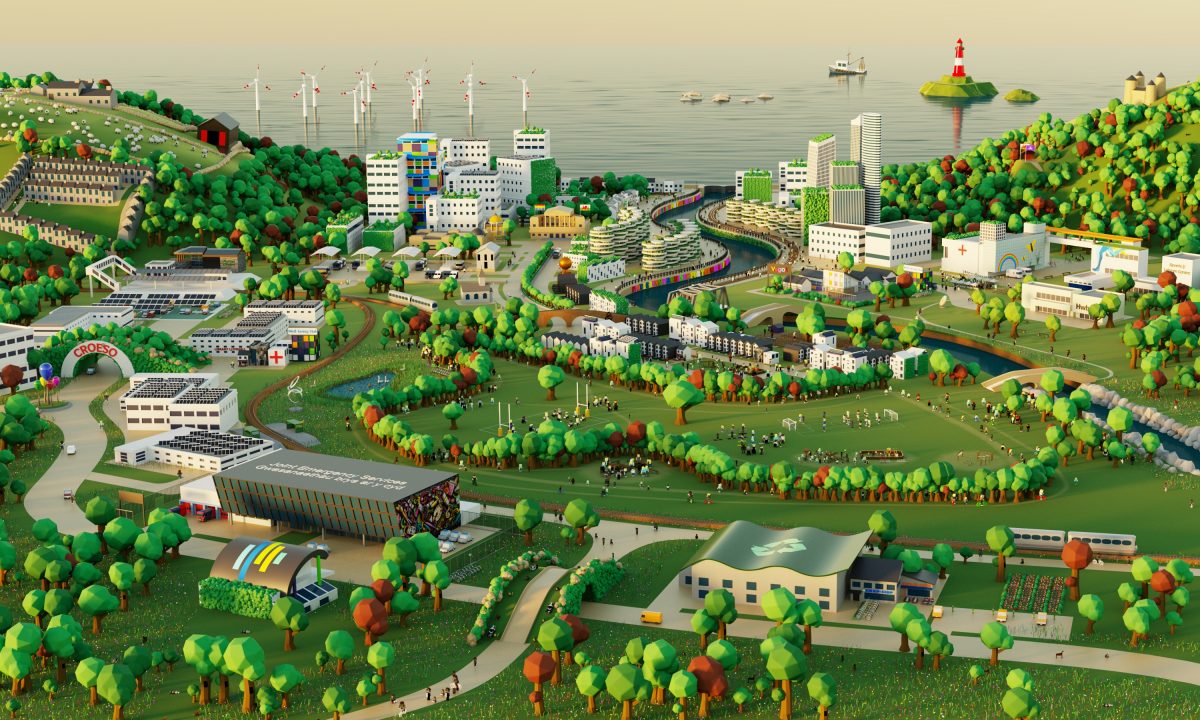
Placemaking for Future Generations in a Changing Climate
Petranka Malcheva and Marie Brosseau-Navarro, Future Generations Office.
The wave of climate change is upon us, and we only have a few years to protect our future generations from its catastrophic consequences. As the last generation with the ability to take action to prevent the worst effects of climate change, we have the responsibility to use every tool at our disposal to ensure that our children and grandchildren can grow up in a functioning, green and biodiverse world that enables everyone to fulfil their full potential.
Land use planning has an important role to play here. Our built environment is directly linked to our natural environment. If done without care for long-term trends and impacts planning can increase vulnerabilities such as exposure to floods. But it can also, if done right, be an extremely powerful tool to both build climate resilience and to achieve the ambitious vision set out in the Well-being of Future Generations Act.
Placing biodiversity, sustainability and placemaking at the heart of every planning decision that we make in Wales, would naturally effect positive change in many other areas like land use, infrastructure, transport, housing, public health and equality as is required by the pioneering legislation for the well-being of future generations in Wales.
Future generations need us to be planning for places which actively seek to prevent climate change and its impacts, help restore stability and increase the resilience of our ecosystems.
Planning places in a way that preserves open space and greenfield sites, incorporates green infrastructure (especially in urban zones), and encourages tree planting can minimise vulnerabilities and increase resilience. Such approaches can also help unlock multiple benefits such as improved air quality, increase in local green skills fit for a net zero economy, which would enable young people to remain within their communities, as well as ensuring equal access to nature and green space for everyone, this contributing to multiple well-being goals.
By supporting ambitions for increased tree planting, such as the National Forest for Wales, planning can increase the capability of the land sector to act as a carbon sink and remove emissions from the atmosphere, decrease risk of flooding and help restore natural habitats of native Welsh species. This will also offer opportunities for our economy and the shift to green skills and a green net zero carbon economy we need.
This is something that should be done with people. It is vital that communities are brought along to these journeys and their knowledge and expertise is utilised in collaborating and co-designing climate resilience solutions for the places they live in.
The opportunities for action are many and the key to success lies in taking these opportunities and scaling them up urgently, or we are risking a tomorrow where our future generations are having to carry sandbags and build their own lifeboats to save themselves from our inaction today.

